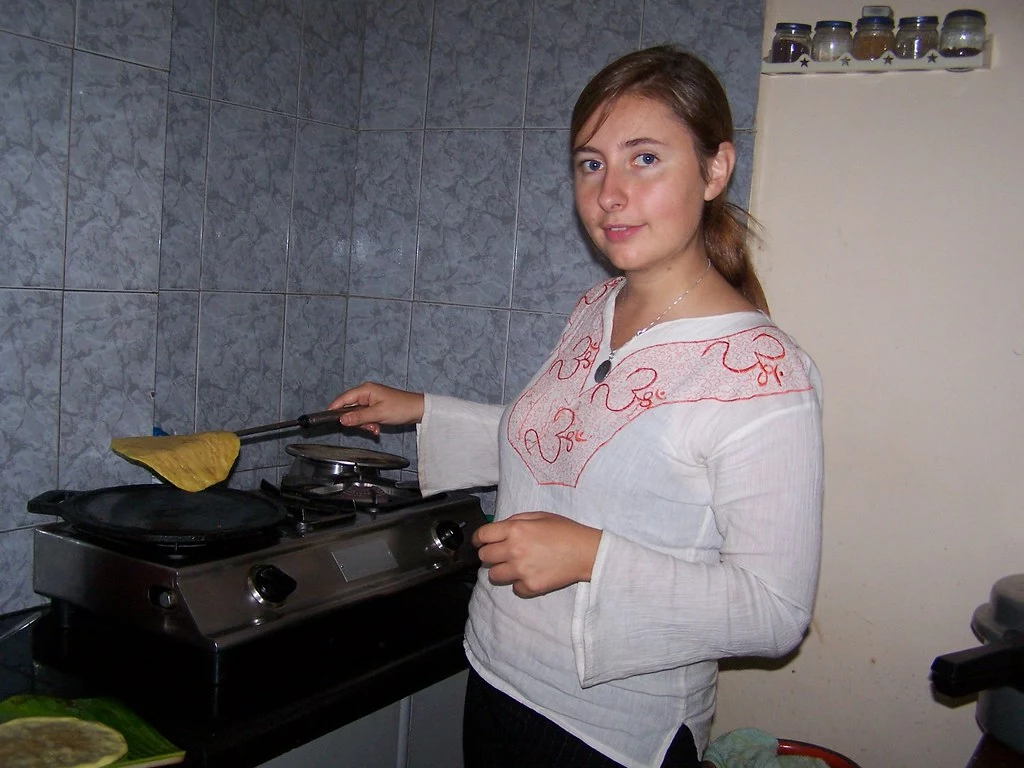The pandemic brought the spotlight on many of the wrongs of capitalism, among them the issue of unpaid labour. The term unpaid labour is generally associated with care work – care for children, the elderly, the sick, and the family – basically “women’s work.” For the majority of care work, capitalism does not pay any remuneration; instead, the “payment” is societal – praise for women’s “motherly nature” while violating all their rights as members of the working class, thus making women what I call “the proletariat of the proletariat.”
Although gendered discrimination in the working class has existed since the establishment of private property, as explained by Engels in his well-known treatise ‘The Origin of the Family, Private Property, and the State’ (1884), the matter came into sharper focus during the pandemic. It was known for years that women workers are paid less than their male counterparts for the same work, and that women are concentrated in low-paying jobs globally. To give some examples, about three-quarters of agricultural labourers in South Asia and Latin America are women, although we are conditioned to imagine men when we think of farmers. In “civilized” Europe, it was primarily women who used to be employed in dangerous and so-called low-skill jobs in the textile industry, match factories, watch making, as well as construction. Since neoliberalism was ushered in during the 90s, the same jobs have been shifted to poor women of the Global South, and the gender pay gap has worsened.
Recognising women’s labour and the wage discrimination they suffer, the International Labour Organisation (ILO), in its Equal Remuneration Convention of 1951, called for “equal remuneration for men and women workers for work of equal value.” That was more than 70 years ago, yet the gender wage gap remained mostly unrecognised, given that the severity of its impact is felt more by women with lowest wages, who suffer double discrimination as women are societally expected to do all “housework” too, without any payment for it. However, with lockdowns around the world, as a significant part of the modern workspace moved into the “virtual space,” or to call things by their name, the home, it became evident that the brunt of unpaid domestic labour fell on even those women who are a bit higher up in capitalism’s hierarchy, such as teachers and public and private sector officials. This led the United Nations to publish a report on International Equal Pay Day 2022, which highlighted that “women carry out at least 2.5 times more unpaid work than men.”
The UN report focused on how “women have been among the worst affected by the COVID-19 pandemic, including in terms of income security, representation in sectors hardest hit, and gendered division of family responsibilities.” One of the sectors hardest hit was precisely the healthcare sector, suffering from decades of privatisation and disinvestment. While governments and media lauded the sacrifice of the “essential workers,” a lot of their work was invisibilised, especially the work done by those who kept the healthcare facilities clean, those who cooked for the patients, or those provided at-home care for the elderly and the chronically ill – and most of this work was done by low-paid and overworked women.
In fact, already in 2018, the ILO, in its report ‘Care Work and Care Jobs for the Future of Decent Work,’ estimated that the value of unpaid care and domestic work amounts to 9% of the global Gross Domestic Product (GDP), worth 11 trillion USD. A recent report by Tricontinental: Institute for Social Research explained:
“Based on time-use survey data collected in 64 countries, the report found that 16.4 billion hours are spent on unpaid care work every day, with 76.2 percent of the total hours of unpaid care work carried out by women. In other words, the daily unpaid care work of women around the world is equivalent to having over 1.5 billion women working eight hours a day for no pay.”
In mid-2022, the ILO published another report on women’s unpaid or low-paid labour, focusing on the healthcare sector. The report highlighted that although women constitute 67% of the sector, then earn up to 24% less than their male counterparts on average, a tiny portion of the female workforce in healthcare was in the higher echelons of management, and wage gap between hospital administrators and nurses – who are overwhelmingly women – continue to widen. According to the ILO, women are paid less not because they are low skilled or unskilled – which are discriminatory capitalist terms in themselves, but because healthcare fields such as nursing or cooking for patients are considered “women’s work,” which is persistently devalued throughout the world.

The report also highlighted the “motherhood gap” in wages, which exists not only in the healthcare sector but in all industries. When women, especially in their twenties and thirties, have to leave the workforce or reduce their working hours “in order to balance work with unpaid caregiving for offspring,” and they choose to return to the industry later, they lose out on the pay raises and promotions that their male counterparts receive, and thus receive lower wages throughout the rest of their work lives compared to men who do the same work. This is particularly true for jobs without any or all employment guarantees, which constitute some 90% of work women do, as pointed out by trade unions and women’s organisations.
Although capitalism punishes women for motherhood, it is not true that capitalism does not want women to have children. In contrary, for capitalism, women are the unpaid source of continuous production of future workers. Capitalism depends on patriarchy to extol motherhood and women’s sacrifice for their children and families, thus invisibiling the criminal discrimination and making sure that women need not be remunerated for producing and nurturing and creating more and more workers for exploitation.
To address these issues, the World March of Women called for replacing capitalist economics by “feminist economics,” which may be considered as “socialist economics with feminist characteristics.” In addition to demanding “women’s access to land, seeds, water, primary materials, and all necessary support for production and commercialisation in agriculture, fishing, livestock rearing, and handicraft,” the working-class feminist platform called for something socially revolutionary:
“The reorganisation of domestic and care work so that the responsibility for this work is shared equally between men and women within a family or community. For this to become a reality, we demand the adoption of public policies for the support of social reproduction (such as crèches, collective laundries and restaurants, care for the elderly, etc), as well as a reduction in working hours without cuts in salaries.”
“Challenge the sexual division of labour, the naturalisation of women’s work in the domestic sphere, and the valorisation of productive work over reproductive work,” is the slogan of the World March of Women.
To end all discrimination, workers of the world unite!
Cover Image Credit: By miramurphy is licensed under CC BY 2.0.
Editor's Note:
The views and informations expressed in the article are solely those of the author and may or may not reflect the views of The International. We believe in providing a platform for a range of viewpoints from the left.






